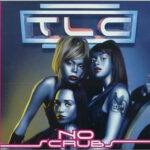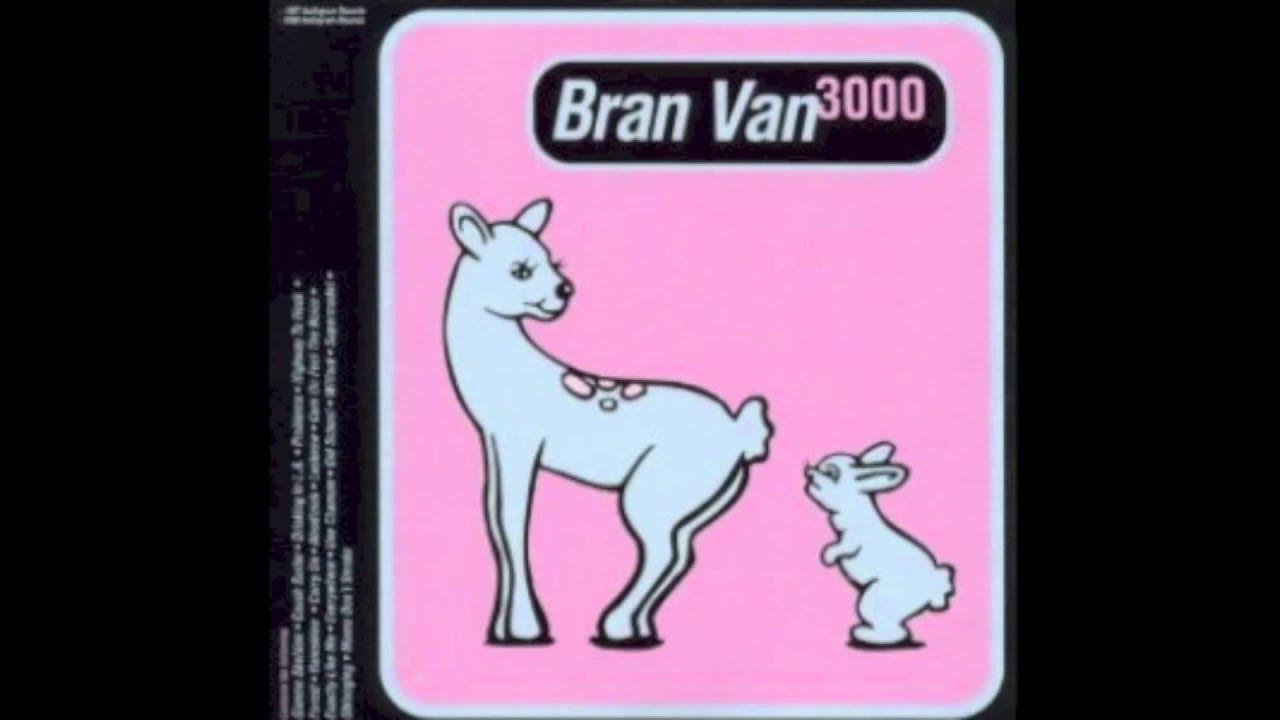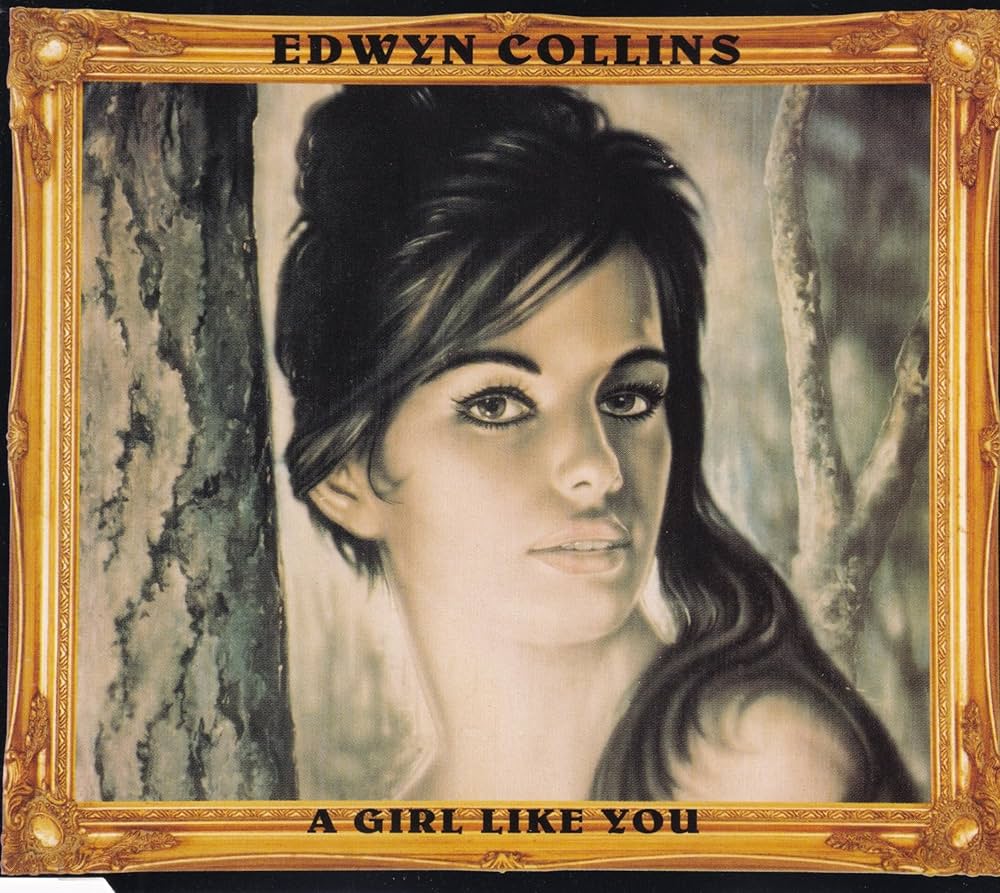Few songs have captured the spirit of empowerment, independence, and unapologetic confidence as effectively as TLC’s “No Scrubs.” Released in early 1999, this track became more than just a chart-topping hit—it evolved into a cultural statement, a rallying cry for women demanding respect in relationships, and one of the defining anthems of the late ’90s. With its catchy hook, smooth production, and sharp lyrics, “No Scrubs” solidified TLC as one of the era’s most influential girl groups and cemented their place in music history.
The story of “No Scrubs” is deeply tied to the evolution of TLC as artists. By the late ’90s, the group had already achieved international fame with hits like “Waterfalls” and “Creep”, but with “No Scrubs”, they struck a chord that was both timely and timeless, giving voice to a generation of women who refused to settle for less than they deserved.
The Rise of TLC
TLC, formed in Atlanta, Georgia, in 1990, consisted of Tionne “T-Boz” Watkins, Lisa “Left Eye” Lopes, and Rozonda “Chilli” Thomas. The trio quickly became known for their unique blend of R&B, hip-hop, and pop, coupled with a fearless approach to fashion and social commentary. From their early hits, TLC had demonstrated a commitment to tackling real-life issues—from infidelity in “Creep” to HIV awareness in “Waterfalls”—all while delivering music that was irresistibly catchy and commercially viable.
By the time the late ’90s rolled around, TLC was ready to release music that reflected the evolving conversations around relationships, gender dynamics, and self-respect. Enter “No Scrubs”, a track that was both fun and fierce, and that would resonate with women around the world.
Writing and Production
“No Scrubs” was written by Kandi Burruss and Tameka “Tiny” Cottle of the R&B group Xscape, alongside producer Kevin “She’kspere” Briggs. The song was originally intended for another act, but TLC recognized its potential immediately. Kevin Briggs’ production brought together a sleek, minimalist beat with a melodic bassline, crisp percussion, and subtle keyboard flourishes, creating a polished sound that was both radio-friendly and club-ready.
The writing cleverly combines humor, assertiveness, and sharp observation. The chorus—“No, I don’t want your number / No, I don’t wanna give you mine / No, I don’t wanna meet you nowhere / No, don’t want none of your time”—is simple yet devastatingly effective. It articulates a boundary that was often unspoken in popular music: women had the right to say no to men who did not respect them. The lyrics are playful enough to be catchy while carrying a serious message about self-worth and standards in relationships.
Musical Composition and Style
Musically, “No Scrubs” exemplifies late-1990s R&B while incorporating elements of pop and hip-hop. The track is set in a moderate tempo, allowing the vocals to shine while keeping the groove infectious. The song is primarily built around a repeating chord progression that provides a smooth harmonic backdrop, allowing the lyrical content to take center stage.
The vocal arrangement is particularly notable. T-Boz’s deep, husky tone delivers verses with a sense of grounded authority, Chilli’s lighter, more melodic voice adds warmth and charm, and Left Eye’s signature rap interlude injects humor and edge, giving the song a dynamic, multifaceted feel. The interplay between the three vocalists keeps the track engaging, ensuring that listeners are hooked from start to finish.
The instrumentation is subtle yet effective. Briggs’ production emphasizes rhythm and melody without overwhelming the vocals. The drum programming is crisp and precise, the bassline is funky yet understated, and the sparse keyboard elements add texture without clutter. This minimalist approach allows TLC’s voices and the lyrics’ punch to remain the focal point, highlighting the song’s message of empowerment.
Lyrics and Themes
The lyrics of “No Scrubs” are both witty and direct, articulating a refusal to tolerate men who fail to meet basic standards of ambition, responsibility, and respect. The term “scrub” became instantly recognizable, entering everyday vernacular as shorthand for a man who is lazy, unmotivated, or otherwise undesirable in a romantic context.
The song begins with T-Boz and Chilli outlining the qualities they find unacceptable, emphasizing independence and self-respect:
“A scrub is a guy that thinks he’s fly
And is also known as a busta”
Left Eye’s rap adds an additional layer of humor and sass, calling out specific behaviors that qualify a man as a “scrub,” from lack of financial independence to over-reliance on others. The lyrics’ blend of assertiveness, relatability, and humor helped the song resonate with a broad audience, making it an anthem for women asserting their worth in romantic relationships.
Beyond its commentary on romantic dynamics, “No Scrubs” also speaks to broader themes of self-respect and empowerment. It encouraged women to set boundaries, demand equality, and reject substandard treatment—not only from romantic partners but in various aspects of life. In this sense, the song transcended its immediate context to become a cultural touchstone for discussions about gender, respect, and agency.
Release and Commercial Success
Released in February 1999 as the lead single from TLC’s third studio album, FanMail, “No Scrubs” quickly became a commercial juggernaut. The song topped the Billboard Hot 100 for four weeks, becoming TLC’s third number-one single in the United States. It also performed well internationally, reaching the top ten in countries including the United Kingdom, Australia, and Canada.
The success of “No Scrubs” was fueled not only by its catchy melody and relatable lyrics but also by the group’s growing prominence and reputation for producing hits that combined substance with style. It became one of the best-selling singles of 1999 and earned TLC critical acclaim, including a Grammy nomination for Best R&B Performance by a Duo or Group with Vocal.
The song’s impact was immediate and enduring, dominating radio airplay and remaining a staple on R&B and pop charts for months after its release. Its commercial performance solidified TLC’s position as one of the leading acts of the decade and expanded their influence beyond the United States.
Music Video and Visual Impact
The music video for “No Scrubs”, directed by Hype Williams, is a visually striking complement to the song. Set in a futuristic, digital environment, the video features TLC performing in a sleek, cyber-inspired space, with vibrant colors, creative camera angles, and eye-catching special effects. The high-fashion styling of the group members, combined with Williams’ signature visual flair, created an iconic aesthetic that perfectly matched the song’s bold, confident message.
The video’s futuristic themes and playful imagery enhanced the song’s appeal, making it memorable not only for its audio qualities but also for its visual impact. MTV and other music video channels gave it heavy rotation, helping to amplify the song’s reach and cultural significance. For many viewers, the video became inseparable from the song itself, cementing “No Scrubs” as a defining cultural moment of the late ’90s.
Cultural and Social Impact
“No Scrubs” resonated far beyond the music charts. It became a symbol of female empowerment, inspiring conversations about self-respect, boundaries, and equality in relationships. The term “scrub” entered mainstream language, becoming a part of everyday slang used to describe men who fail to meet basic standards of ambition and decency.
The song also contributed to broader discussions about women’s agency in popular culture. By openly rejecting partners who did not meet their standards, TLC modeled assertiveness and independence, challenging traditional narratives in which women were expected to compromise or tolerate subpar behavior. In this way, “No Scrubs” transcended its role as a pop song to become a cultural statement, empowering women across age groups and demographics.
Critical Reception
Critics widely praised “No Scrubs” for its catchy production, memorable hooks, and socially resonant lyrics. The song was lauded as a highlight of TLC’s career, showcasing the group’s ability to balance fun, accessibility, and meaningful commentary. Reviews often emphasized the song’s clever lyricism, polished production, and the trio’s vocal chemistry, noting that it represented a high point for R&B in the late 1990s.
The track has since been included in numerous “best of” lists, including rankings of the greatest girl group songs, top R&B hits of the ’90s, and most empowering tracks for women. Its critical acclaim, combined with its commercial success, ensures its lasting legacy as one of TLC’s signature songs and a defining moment in 1990s pop culture.
Influence and Legacy
The influence of “No Scrubs” extends far beyond TLC’s discography. The song has inspired countless covers, remixes, and references in popular culture. From contemporary R&B artists to pop acts, musicians have revisited and reinterpreted the track, often highlighting its enduring relevance and its empowering message.
Its cultural resonance can be seen in its continued use in media, from television shows to commercials, and even in discussions about dating and relationships. The song’s straightforward, unapologetic message remains relevant in conversations about self-respect and personal standards, proving that the themes TLC addressed in 1999 are still meaningful today.
Furthermore, “No Scrubs” influenced a generation of female artists who embraced empowerment and agency in their music. Its combination of catchy melody, relatable lyrics, and confident delivery set a template for future girl group hits and female-led pop and R&B songs, cementing TLC’s influence on the genre.
TLC’s Careers and Impact
While TLC faced personal and professional challenges throughout their career, including financial difficulties and the tragic death of Lisa “Left Eye” Lopes in 2002, their impact on music remains undeniable. “No Scrubs” stands as a testament to their artistry, blending commercial appeal with social consciousness and creative vision.
The song also highlighted the group’s ability to evolve with the times, incorporating contemporary production trends while maintaining their unique identity. TLC’s commitment to addressing real-life issues in their music—from relationship dynamics to social justice—ensured that their songs resonated on multiple levels, combining entertainment with empowerment.
Enduring Popularity
More than two decades after its release, “No Scrubs” continues to captivate listeners. Its catchy chorus, infectious beat, and empowering lyrics have made it a timeless anthem for women of all ages. The song remains a staple on radio, streaming playlists, and nostalgic ’90s compilations, and it continues to inspire reinterpretations by new artists.
Its longevity can be attributed to its universal themes, memorable production, and TLC’s charismatic performance. Whether heard for the first time or revisited decades later, the song retains its freshness and appeal, demonstrating the enduring power of music that combines fun, relevance, and social resonance.
Conclusion
“No Scrubs” by TLC is far more than a late-1990s pop hit—it is an enduring anthem of female empowerment, self-respect, and confidence. From its memorable hook and sharp lyrics to its polished production and dynamic vocal performance, the song captures the spirit of an era while remaining timeless in its message.
By refusing to compromise, demanding respect, and celebrating independence, TLC provided a soundtrack for a generation of women asserting their agency in relationships and beyond. The song’s cultural, social, and musical impact ensures its place in history as one of the greatest R&B tracks of the ’90s.
Decades later, “No Scrubs” continues to inspire, entertain, and empower, proving that a catchy song with a clear message can transcend its moment to become a cultural touchstone. For anyone navigating the complexities of relationships, self-worth, and empowerment, TLC’s “No Scrubs” remains a perfect guide—a reminder that confidence, independence, and clarity are always in style.



